Infected fruit flies use behavioral fever against deadly parasitoid wasps.
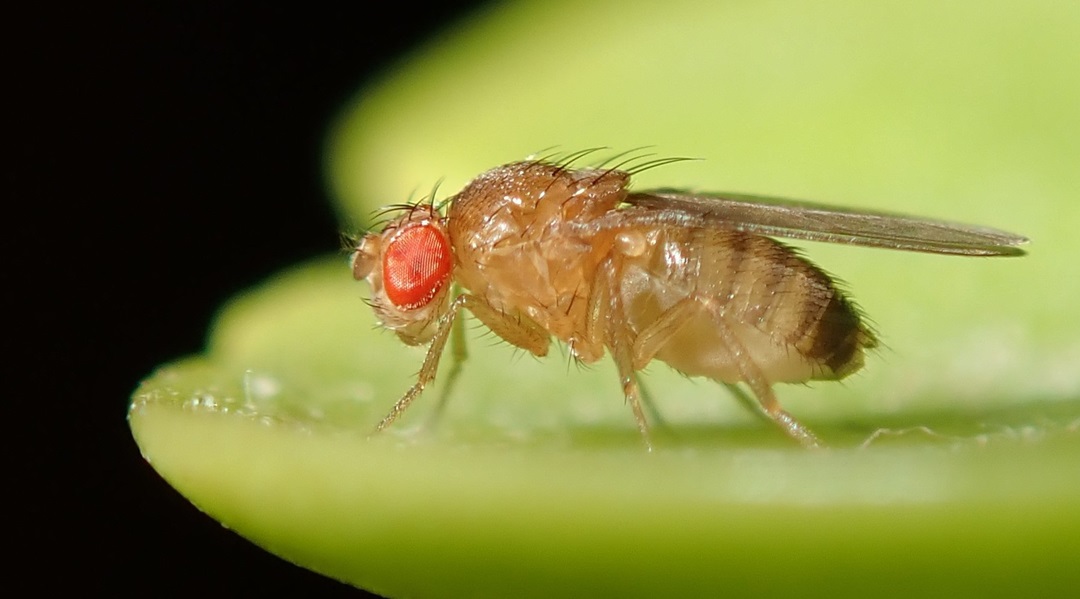

Infected fruit flies use behavioral fever against deadly parasitoid wasps.
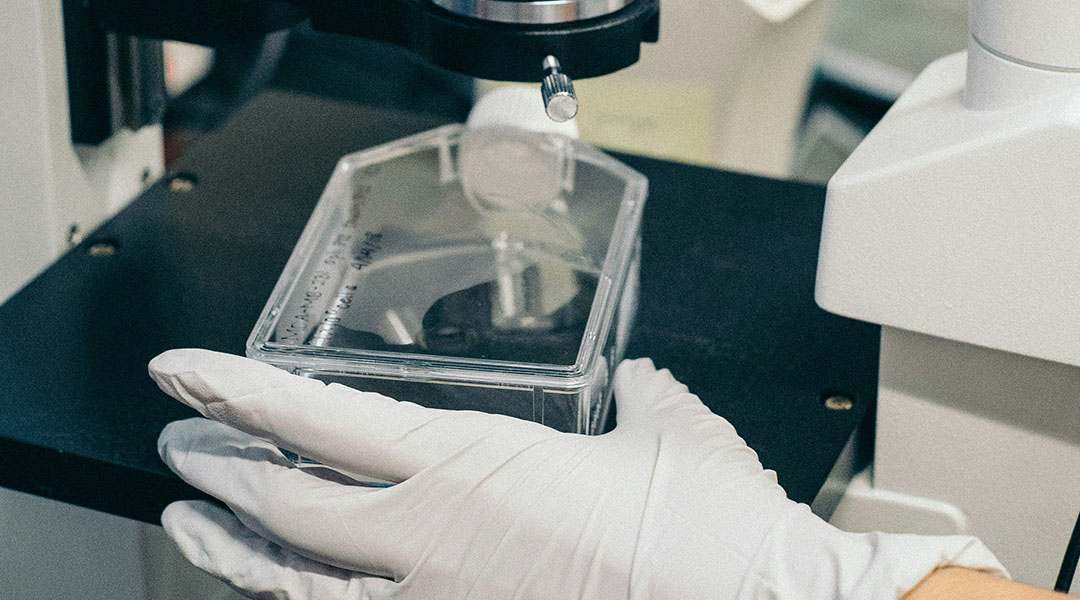
Scientists use mild electrical currents to treat skin infections, presenting an antibiotic-free solution amid rising antimicrobial resistance.
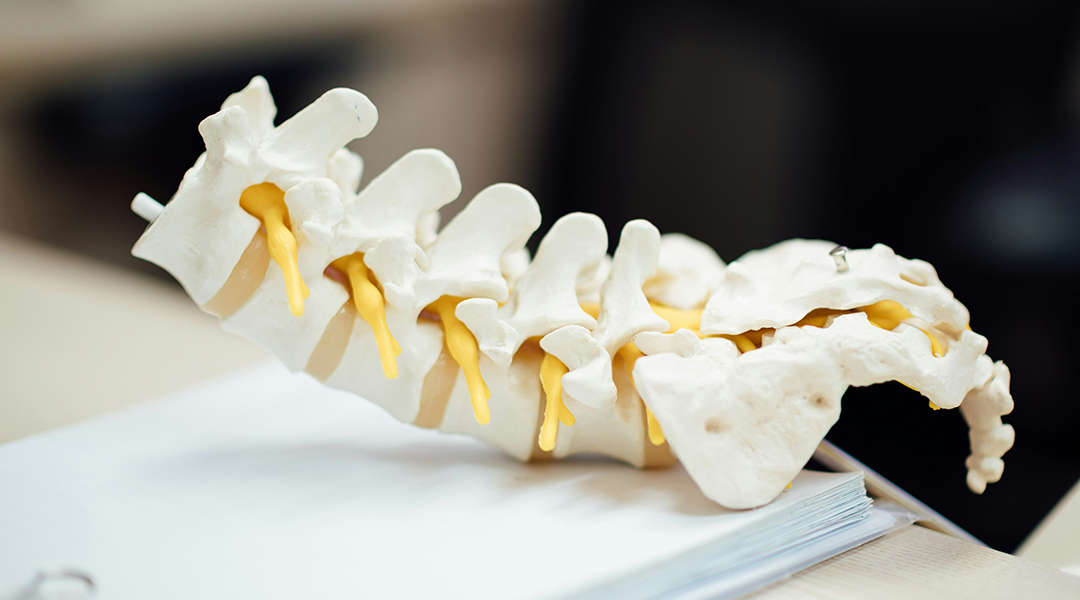
A new biomaterial shows unprecedented success at eliminating bacteria that cause bone infections and promote the regrowth of injured bones.

A vaccine to prevent melioidosis, a tropical bacterial disease and possible bioterrorism threat, succeeded in initial trials.
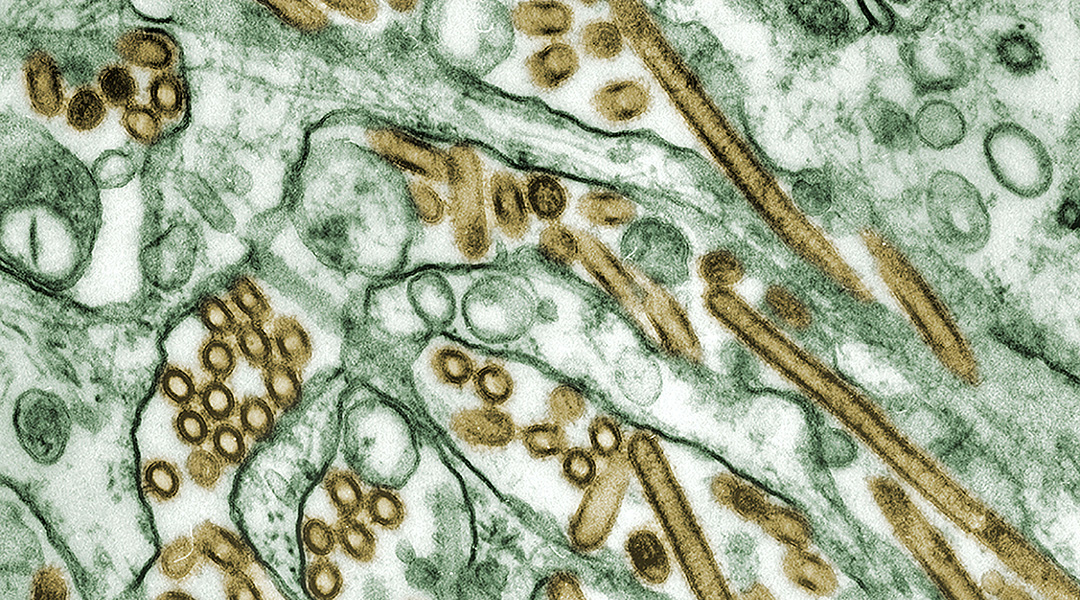
Ancient viral DNA, once thought junk, now regulates embryo development in mice, revealing complex host-virus interactions.
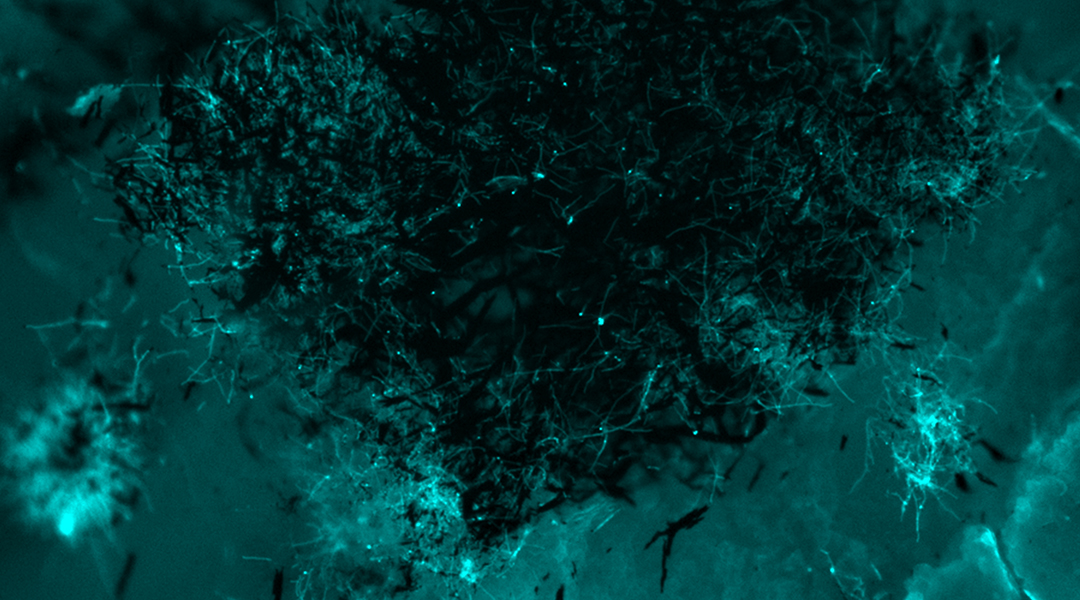
To curb the rising threat of fungal infections, researchers crafted iron oxide nanoparticles as speedy, effective, and inexpensive antifungal agents.
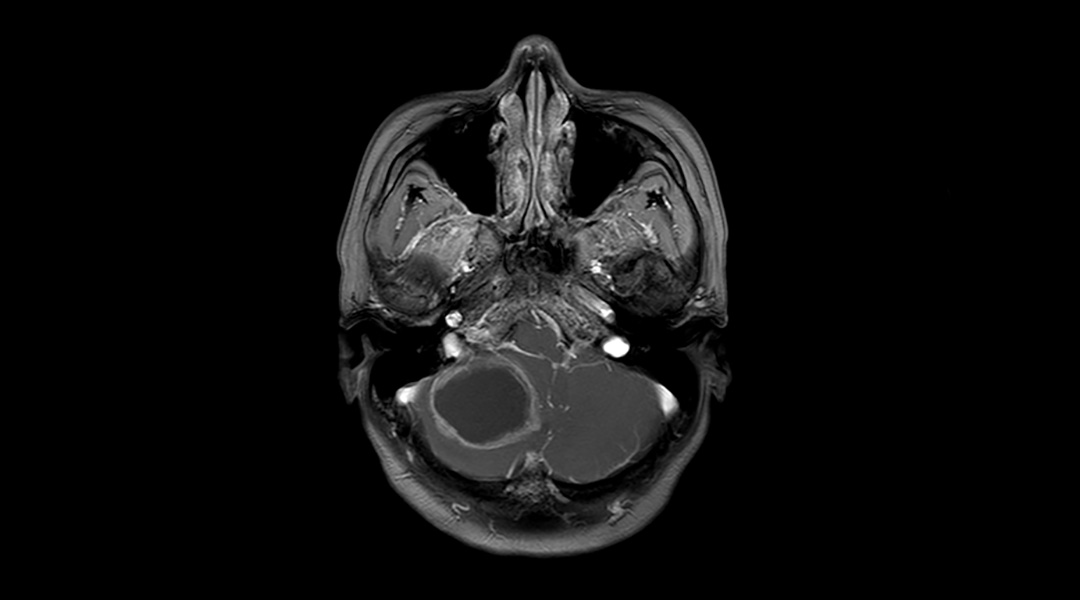
Inspired by brain-invading bacteria, researchers have created nanocapsules that covertly shuttle drugs across the blood–brain barrier.
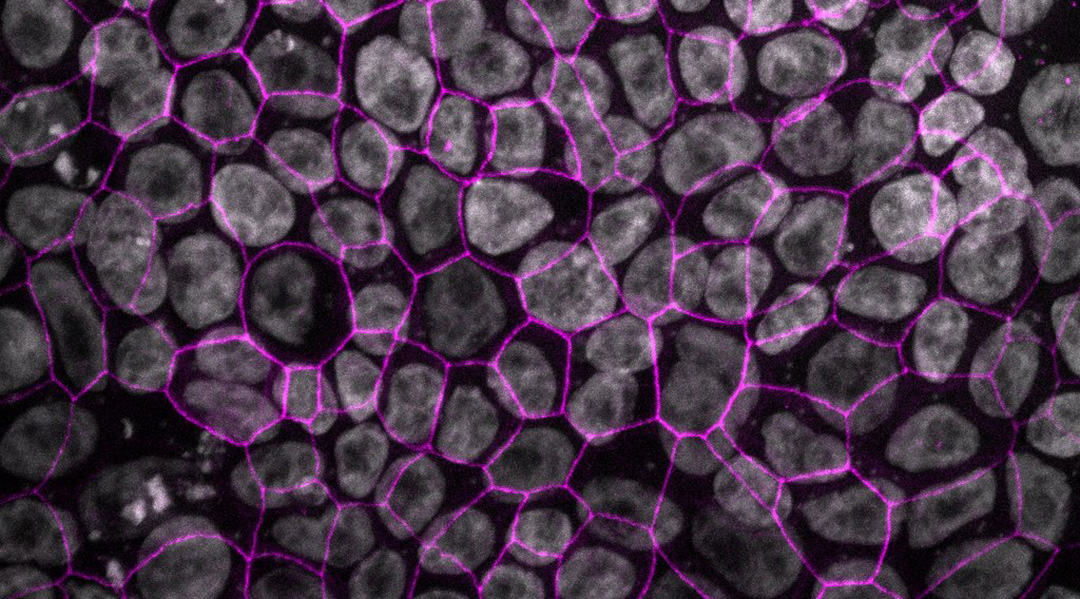
New lung model raises hopes for more realistic modeling of new drugs and therapies.
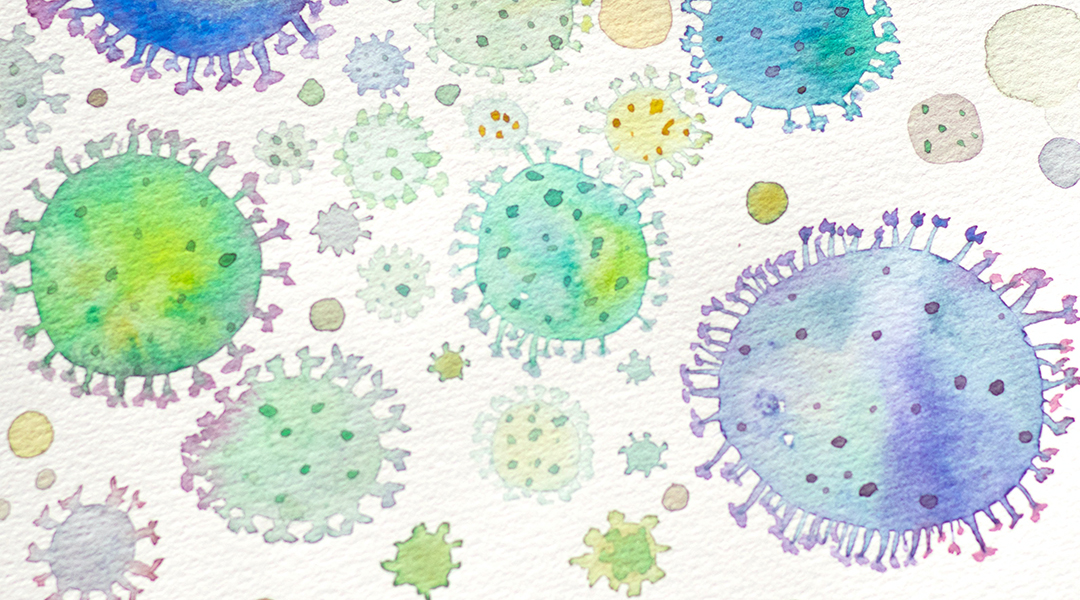
A polymer composite spray was shown to not only limit SARS-CoV-2 infection, but also hinders transmission in this proof-of-concept study.
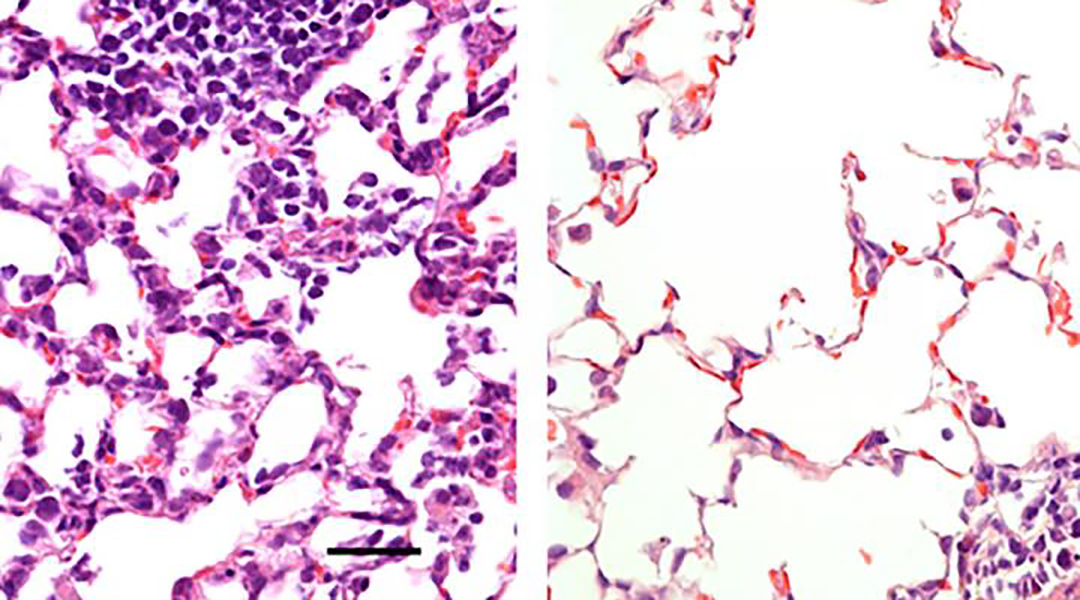
Study claims nasal delivery protects first site of infection and produces widespread immune response compared to intramuscular injection.